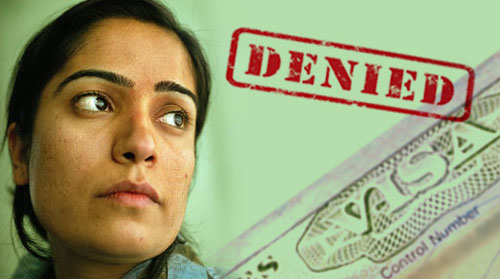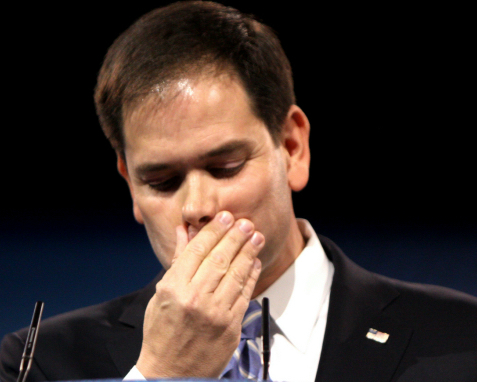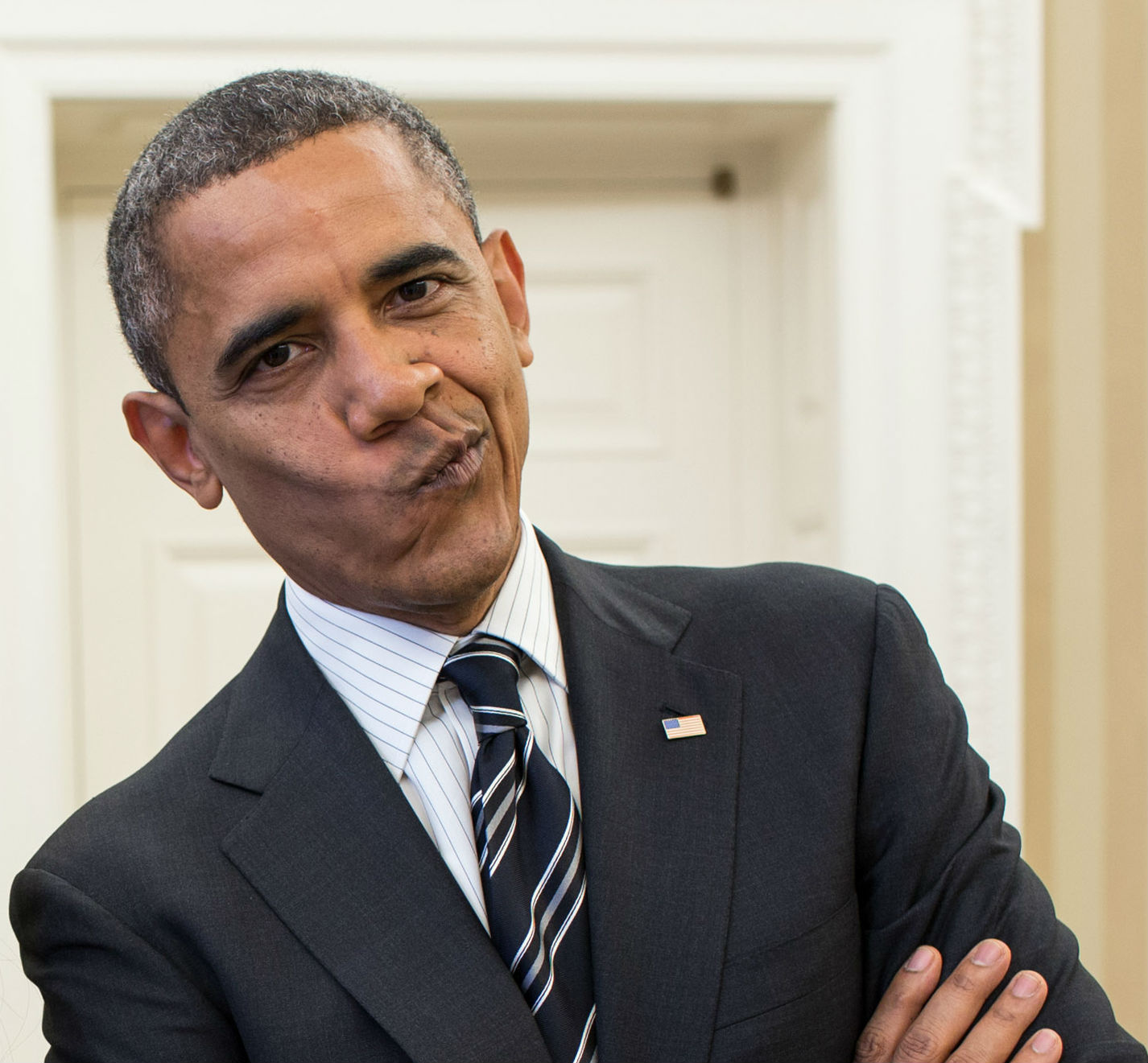Non-cash benefits (other than institutionalization for long-term care) are generally not taken into account for purposes of a public charge determination.
Special-purpose cash assistance is also generally not taken into account for purposes of public charge determination.
Non-cash or special-purpose cash benefits are generally supplemental in nature and do not make a person primarily dependent on the government for subsistence. Therefore, past, current, or future receipt of these benefits do not impact a public charge determination. Non-cash or special purpose cash benefits that are not considered for public charge purposes include:
- Medicaid and other health insurance and health services (including public assistance for immunizations and for testing and treatment of symptoms of communicable diseases; use of health clinics, short-term rehabilitation services, and emergency medical services) other than support for long-term institutional care
- Children's Health Insurance Program (CHIP)
- Nutrition programs, including Food Stamps, the Special Supplemental Nutrition Program for Women, Infants and Children (WIC), the National School Lunch and School Breakfast Program, and other supplementary and emergency food assistance programs
- Housing benefits
- Child care services
- Energy assistance, such as the Low Income Home Energy Assistance Program (LIHEAP)
- Emergency disaster relief
- Foster care and adoption assistance
- Educational assistance (such as attending public school), including benefits under the Head Start Act and aid for elementary, secondary, or higher education
- Job training programs
- In-kind, community-based programs, services, or assistance (such as soup kitchens, crisis counseling and intervention, and short-term shelter)
State and local programs that are similar to the federal programs listed above are also generally not considered for public charge purposes. Please be aware that states may adopt different names for the same or similar publicly funded programs. It is the underlying nature of the program, not the name adopted in a particular state, which determines whether or not it should be considered for public charge purposes. In California, for example, Medicaid is called "Medi-Cal" and CHIP is called "Healthy Families." These benefits are not considered for public charge purposes.
In addition, and consistent with existing practice, cash payments that have been earned, such as Title II Social Security benefits, government pensions, and veterans' benefits, among other forms of earned benefits, do not support a public charge determination. Unemployment compensation is also not considered for public charge purposes.
You can follow this links:
Apsan Law Offices, LLC
Source: https://www.uscis.gov/greencard/public-charge
`










